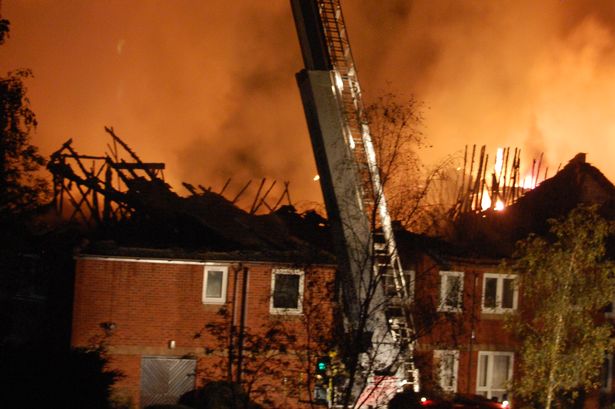One of the many actions resulting from the Grenfell Tower fire has been the request from the Care Quality Commission’s Chief Executive Sir David Behan for all care homes, hospices and private hospitals to review their fire safety as a priority. Many businesses are already taking a very searching look at the way they manage fire safety. Given the nature of care homes, hospices and hospitals, and the frailties of their residents, it’s understandable why this sector has been singled out for concern. Along with the obvious challenges given the vulnerabilities of residents, there are many other risks in these environments. As our other article discusses this month, and as the Grenfell Tower fire tragically demonstrated, white goods present a considerable fire safety risk. Given how extensively white goods are used in care homes and hospitals it’s something that must be looked at very carefully via fire risk assessments.
The CQC’s letter acknowledges there are many care homes, hospices and hospitals in the sector working extremely hard to do everything they can to keep both residents and employees safe from fire. But even for those premises, Grenfell Tower is a tragic reminder that continually monitoring fire safety, and being receptive to ways to improve it, is essential.
It’s no surprise however that the letter aims to resonate particularly with those in the sector who have not done as much as they should. Regrettably there are some care homes where that’s the case; only recently a retirement home was in the news for failing to make fire safety a priority which ultimately led to a fatality (Gibson Court pictured above). For some it’s due to a lack of understanding of what they need to do. Or there may be an awareness of fire safety requirements but time is never found to carry out the actions that are needed. Either way, fire safety gets pushed down the to-do list and that’s a breach of responsibilities.
The CQC’s letter specifically focuses on several key points. While these are essential within the care sector, many of the issues raised are relevant across a variety of businesses and sectors, particularly those that provide any kind of guest accommodation. As such, it could be a useful exercise to consider whether any of these have unintentionally dropped down your list of priorities – and whether they need looking at:
- Review fire safety processes to make sure they are up to date and are being applied in practice. Pay particular attention to the size and fabric of your premises.
- Provide information and training to your employees. Make sure they understand what they need to do in emergency situations and know how to use all related equipment properly. Carry out fire drills regularly so employees are able to respond quickly if an evacuation of your premises was necessary.
- Make sure your firefighting and fire detection equipment and emergency routes and exits are suitable and adequately checked by a competent person. Keep an eye on fire exits and escape routes so they don’t become blocked off.
- Ensure that fire doors are never wedged open. With fire door safety week coming up soon, it’s a good time to take a look at all your passive fire protections systems and make sure they are still working appropriately.
